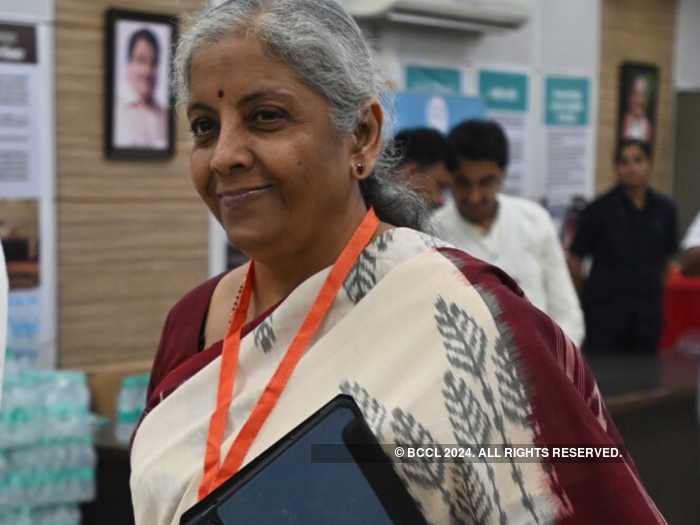
India’s economic engine is roaring, and the job market reflects that optimism. The latest
Cause for celebration
The good news is plentiful, if the recent Economic Survey tabled by
The government’s “Skill India” initiative is gaining traction, with a significant rise in the number of people undergoing skill development programs, the Economic Survey highlighted. This is crucial, as India’s burgeoning tech scene, with its skyrocketing number of startups, is creating a wealth of new opportunities that demand a skilled workforce.
Challenges on the horizon
However, amidst the optimism, there are challenges to navigate. While
Another significant hurdle is the widening
Outdated regulations, particularly those related to land use and restrictions on women’s working hours, are further hindering job creation and female labour force participation. Deregulation in these areas is crucial to unlock India’s full growth potential, according to the Economic Survey.
The report also highlights the need for industry to take the lead in fostering innovation and skill development. Collaboration with academia and revamped vocational education programs are key to bridge the current skill gap.
Opportunities beyond tech
The Economic Survey identifies promising sectors with the potential to create a significant number of jobs:
- Agro-processing: This sector can be a major job generator, especially in rural areas.
- Care Economy: The growing demand for elder care and childcare services presents an opportunity for skilled professionals.
- Tourism: While AI might moderate India’s services export growth, the report emphasises the importance of the
tourism sector , which is relatively less skill-dependent, for employment generation. To capitalise on this opportunity, public policy should focus on enhancing the tourism sector’s infrastructure and services.
Upskilling for the future
India’s job market is on an exciting trajectory. But addressing the skills gap, adapting to technological advancements and promoting innovation is crucial. By upskilling the workforce through government and industry collaboration, India can become a high-value partner in areas like cybersecurity and enterprise management.